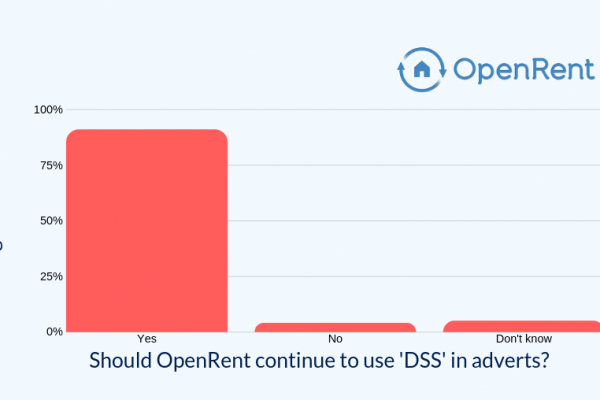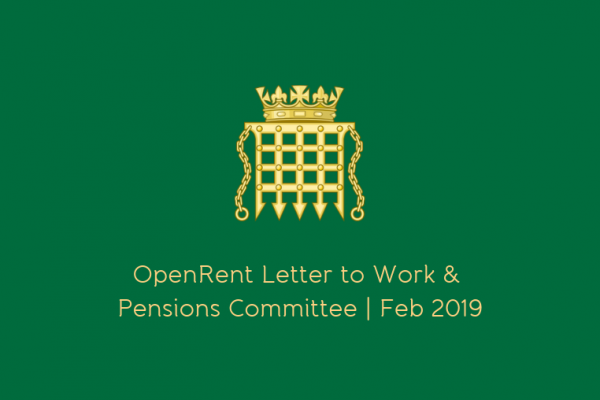Universal Credit is rolling out across the UK, with huge consequences for landlords and tenants – yet many are still in the dark about what the new benefit system means for them.
Universal Credit (UC) is the new way the government pays out housing benefit, plus five other legacy benefits including, jobseeker’s allowance and child benefit. But what does this change mean to your tenancy?
Here to tell us is Ruth Robertson, an Early Intervention Coordinator at Brighton & Hove City Council, where UC has been claimed since 2015.
1. How often is UC paid to tenants?
“UC is paid monthly. Because claimants are paid everything in one payment like a wage, they are more able to budget payments. A further advantage of being paid monthly is that they are able to make a monthly payment to the landlord; unlike Housing benefit which is paid either fortnightly or 4 weekly.”
2. What are the differences in how UC is paid from council to council?
“Universal Credit is paid from central government and so will be paid in the same way from area to area. The amount that claimants can claim for the ‘housing element’ will be different in each area. The housing element is the same as the Local Housing Allowance rate for that area.”
You can find your local housing allowance rate here.
3. Can UC – or the housing element of it – be paid directly to me, the landlord?
“Yes. The client [tenant] can request what is called an ‘alternative payment arrangement’. These payments can be arranged to be made directly to the landlord.
“A client can also arrange a standing order to be made to a landlord account on the day that the benefit is paid. This way rent is paid before any other money is taken out.
“Some banks such as the Credit Union have accounts called ‘jam jar’ accounts, which separate money for rent and bills from spending money. Landlords can ask if a potential tenant is signed up to an account like this before agreeing a tenancy and ask that a direct debit be set up.”
4. If UC is paid in arrears, then how can my tenants pay their rent in advance?
“Tenants can apply for rent in advance from the local council department to cover rent in advance. Usually these payments are made within a few days of applications being made and are usually paid before the tenancy starts. Payments can be made directly to the landlord at the client’s [tenant’s] request.
“Tenants should apply to the Housing benefit team for this – it is a separate payment to the Universal Credit. They do not have to repay the payment, and they can apply for up to 6 weeks’ rent in advance.”
5. I want my tenancy to be 12 months minimum. How long is my tenant guaranteed to receive their UC payments?
“Similar to Job seekers allowance, Universal Credit requires clients to keep to an agreement to look for work whilst claiming Universal Credit.
“This agreement is called a ‘claimant commitment’. If the ‘claimant commitment’ is maintained, a claim will be ongoing. The only other reason a claim would stop, would be due to a significant change of circumstances such as starting a job. Job centres have work coaches who can support clients to maintain their claims.”
6. If I rent to a benefit fraud, will I have to pay back all the rent I collected?
“A landlord will not be expected to pay back the housing element unless they are in some way complicit in the fraud.
“If a landlord is being paid directly and they are aware that a tenant has moved out and they continue to get payments, then this will result in an overpayment and the landlord could be asked to repay the over paid amount.”
You may be asked to repay some or all of an overpayment by Universal Credit, if you’ve:
- misrepresented or failed to disclose relevant information
- been paid more than the rental liability amount
- received payments after the claimant has moved out
7. If a tenant is claiming UC, how do they know their budget for renting properties?
“Tenants will be aware of the value of the housing element at their initial interview. They will be given a breakdown of their entitlement on their online journal.
“Broadly speaking the housing element is the same as the Local Housing Allowance (housing benefit) rate.”
8. What circumstances would cause my tenant to lose their UC payments, and what can I do if this happens?
“Get in touch with the tenant as soon as possible to find out the reason. In some areas there will be support set up to help with tenancy breakdown.
For example, in Brighton there is an early intervention housing team. Landlords can work with the council for support provided this is arranged with the tenant at the start of the tenancy.”
Changes in circumstance such as tenants entering employment or children in the household becoming adults will affect UC payments, but the new system is designed so that payments only lessen if the claimant is earning more independent income (e.g. via working) or sees a drop in other expenses (such as a no longer caring for children in the household).
Ruth Robertson is an Early Intervention Coordinator at Brighton & Hove City Council Housing Needs, an area where Universal Credit has already been rolled out. If you are a landlord or tenant on Universal Credit in Brighton & Hove, you can contact her team here.




Start the discussion at community.openrent.co.uk